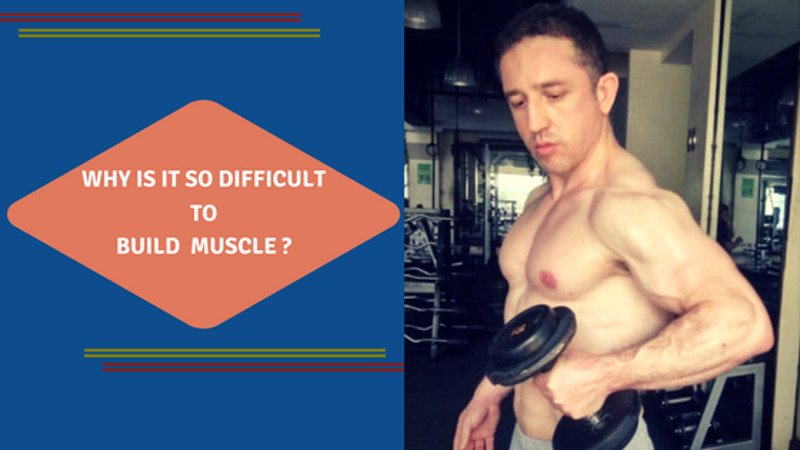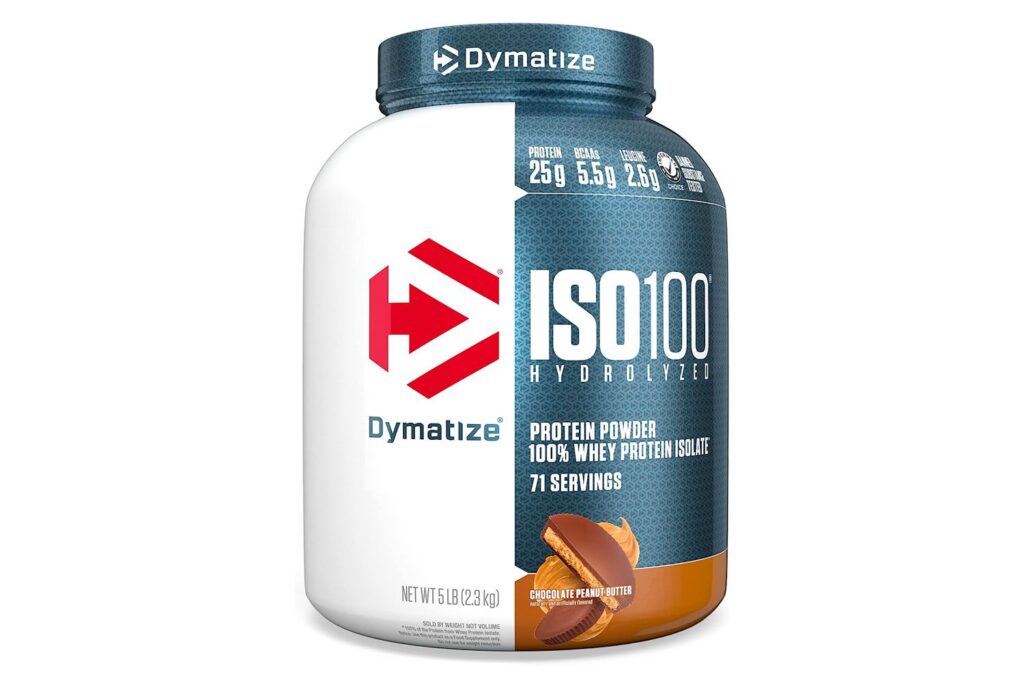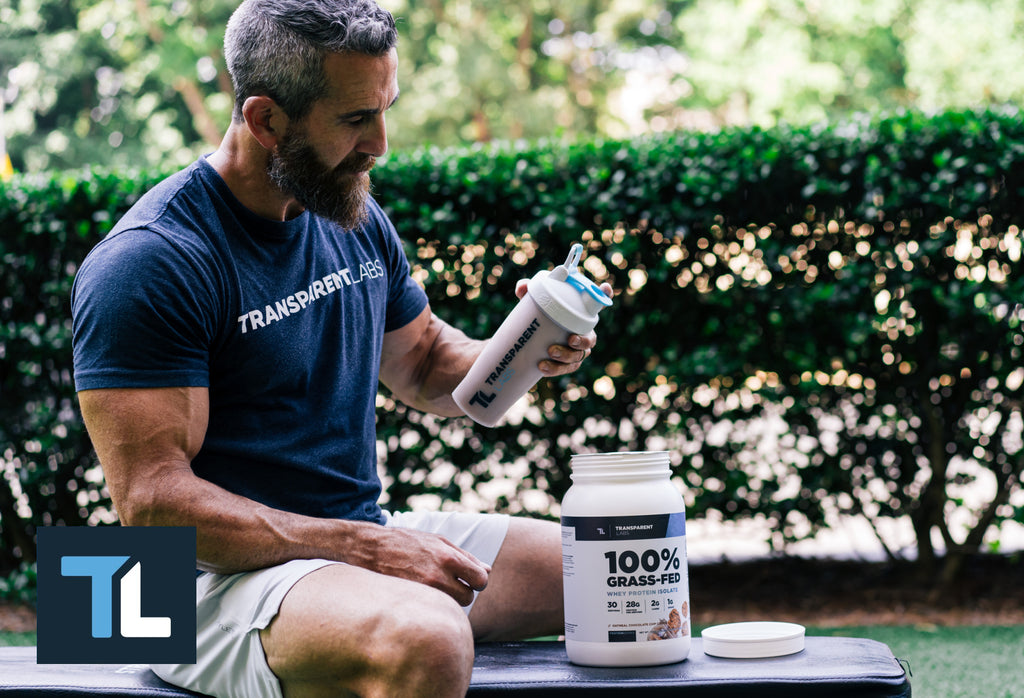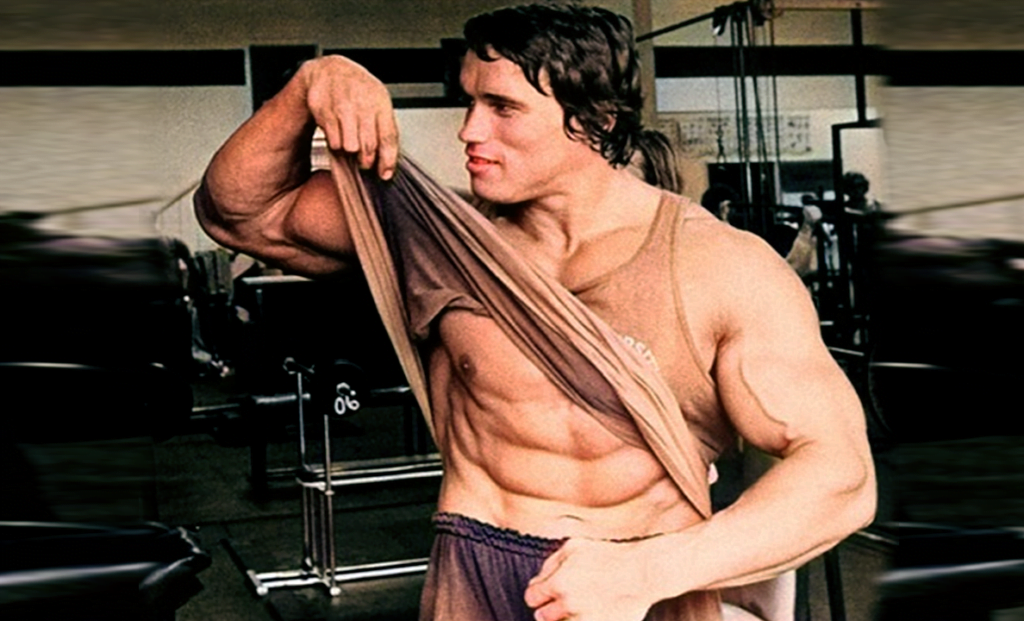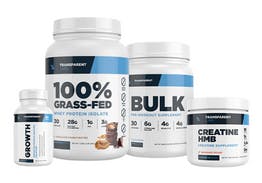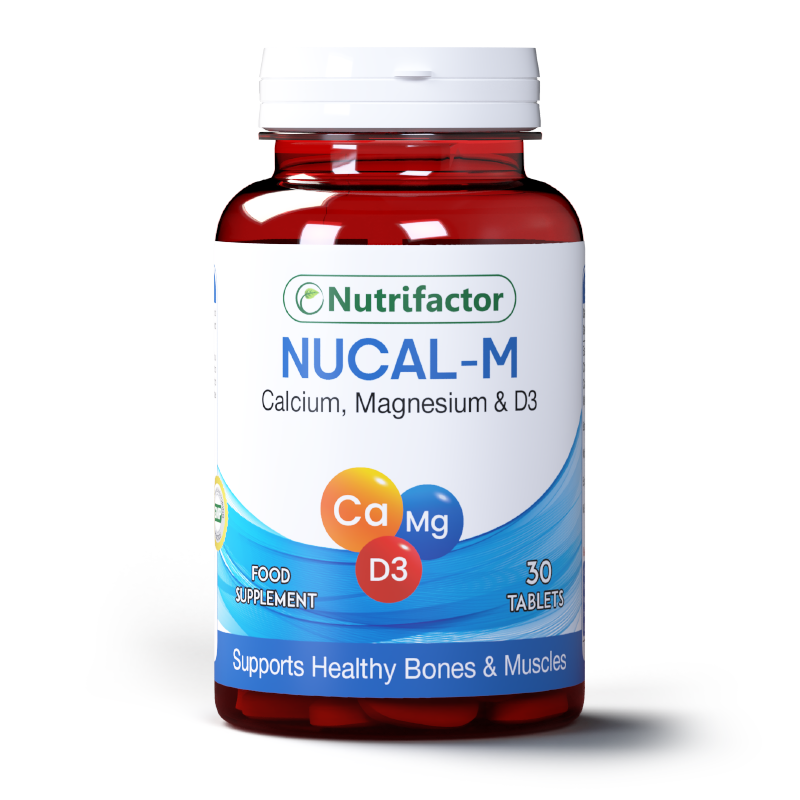Building muscle is challenging due to the need for consistent effort, proper nutrition, and recovery. Genetics also play a significant role.
Building muscle requires dedication, time, and a well-structured plan. Consistency in workouts, balanced nutrition, and adequate rest are crucial. Many people struggle because they lack patience and expect quick results. Tailoring workouts to individual needs and staying motivated is essential.
Genetics can influence how easily one builds muscle, making it harder for some. Understanding your body and making necessary adjustments helps in achieving muscle growth. Adequate protein intake and progressive overload in training are key factors. Staying committed and tracking progress ensures success in muscle building.

Credit: www.youtube.com
Biological Factors
Genetics play a significant role in muscle-building difficulty. Hormonal differences also impact the muscle growth rate, making progress slower for some.
Genetics
Some people have genes that make muscle building easy. Others have genes that make it tough. Muscles grow differently in different people. Family history affects muscle growth too. If parents have strong muscles, children might too. But, if parents have weak muscles, children might find it hard.
Age Impact
Building muscle becomes harder as people get older. Young people build muscle faster. Older adults find it slow. The body changes with age. Hormones decrease, making muscle growth slow. Recovery from workouts takes longer too. Energy levels drop, making exercise harder.
Nutritional Challenges
Eating enough protein is crucial for building muscle. Many people struggle with this. Protein helps repair and grow muscles. Foods like chicken, fish, and beans are high in protein. Some people use protein shakes to meet their needs. It’s important to spread protein intake throughout the day. This helps muscles recover and grow better.
To build muscle, a person needs to eat more calories than they burn. This is called a caloric surplus. Many find it hard to eat extra food. Healthy foods like nuts, avocados, and whole grains can help. Eating more often, like 5-6 meals a day, can make it easier. Tracking calories can also help ensure you eat enough.
Training Techniques
Building muscle demands consistent effort, proper nutrition, and adequate rest. Many struggle due to incorrect techniques and lack of patience. Overcoming these challenges requires dedication and a well-structured training plan.
Resistance Training
Resistance training helps build muscle. It involves lifting weights or using resistance bands. Muscles need to work hard to grow. This type of training makes muscles stronger. It is important to lift heavier weights over time. Always use proper form to avoid injuries.
Progressive Overload
Progressive overload is key for muscle growth. It means gradually increasing the weight you lift. Start with a weight you can handle. Increase the weight as you get stronger. This method challenges your muscles. Your muscles will adapt and grow bigger.

Credit: www.trainmag.com
Consistency And Patience
Sticking to a routine is crucial. Missing workouts slows progress. Muscles need regular exercise to grow. Consistency builds strength over time. Skipping sessions can lead to setbacks. Make workouts a part of your daily life. Treat them like brushing your teeth. Regularity helps build good habits.
Building muscle takes time. Results don’t show up overnight. Patience is key to seeing changes. Stay committed for the long haul. Small gains add up over months. Celebrate tiny improvements. They lead to big results. Never give up, even when progress feels slow.
Recovery Importance
Good sleep helps muscles grow. Muscles repair during sleep. Deep sleep is best for muscle recovery. Poor sleep slows muscle growth. Aim for 7-9 hours of sleep each night. Sleep in a dark, quiet room. Avoid screens before bed. Quality sleep boosts muscle gains.
Rest days are crucial for muscle growth. Muscles need time to recover. Overworking muscles can lead to injury. Rest days help muscles repair and grow. Plan rest days into your workout routine. Rest days improve overall strength. Listen to your body and rest when needed. Proper rest speeds up muscle growth.

Credit: cathe.com
Hormonal Influence
Testosterone is a key hormone for muscle growth. Men have higher levels than women. Higher levels help increase muscle mass and strength. Low levels make building muscle harder. Age can lower testosterone. Proper nutrition and exercise can boost it. Sleep is also important for maintaining levels.
Growth hormone helps with muscle repair and growth. It is released during sleep and intense exercise. Higher levels can improve muscle mass. Low levels make muscle gain slow. Good sleep and high-intensity workouts can boost growth hormone. Proper diet also supports hormone levels.
Mental Barriers
Staying motivated is tough. You may lose interest quickly. It is hard to keep going. Small goals help a lot. Celebrate little wins. Visualize your success. This can boost your drive. A workout buddy can also help. You encourage each other.
Stress affects muscle growth. It makes you feel tired and weak. Managing stress is key. Relaxation techniques can help. Try deep breathing or meditation. Sleep well each night. Good sleep helps muscles recover. Healthy eating also reduces stress. Eat balanced meals.
Common Misconceptions
Many believe in quick fixes for building muscle. This is a common mistake. Building muscle takes time and consistent effort. No magic pill or shortcut will give instant results. Consistent training and proper diet are key. Rest and recovery are also important. Muscles need time to grow and repair.
Some people rely too much on supplements. Supplements can help, but they are not enough. A balanced diet and regular exercise are more important. Supplements should only complement your diet. They should not replace real food. Overreliance on supplements can lead to poor nutrition.
Frequently Asked Questions
Why Is Muscle Building Difficult?
Building muscle is hard due to the need for consistent effort, proper nutrition, and adequate rest. Genetics also play a role. Balancing these factors can be challenging, making muscle growth a slow process.
How Long Does Muscle Growth Take?
Muscle growth typically takes several weeks to months. Initial gains are often due to improved neuromuscular efficiency. Consistent training, proper nutrition, and rest are crucial for continued growth.
What Are Common Muscle-building Mistakes?
Common mistakes include poor nutrition, insufficient rest, and inconsistent training. Overtraining and improper form can also hinder progress. Addressing these issues can significantly improve muscle-building results.
Can Diet Impact Muscle Growth?
Yes, diet is crucial for muscle growth. Protein is essential for muscle repair and growth. Carbohydrates provide energy for workouts. Healthy fats support overall health. A balanced diet aids muscle development.
Conclusion
Building muscle is challenging due to consistency, proper nutrition, and effective training. Understanding these factors helps in achieving your fitness goals. Stay committed, eat right, and train smart. Remember, progress takes time and effort. Celebrate small victories and stay motivated.
Your dedication will eventually lead to success in building muscle.

